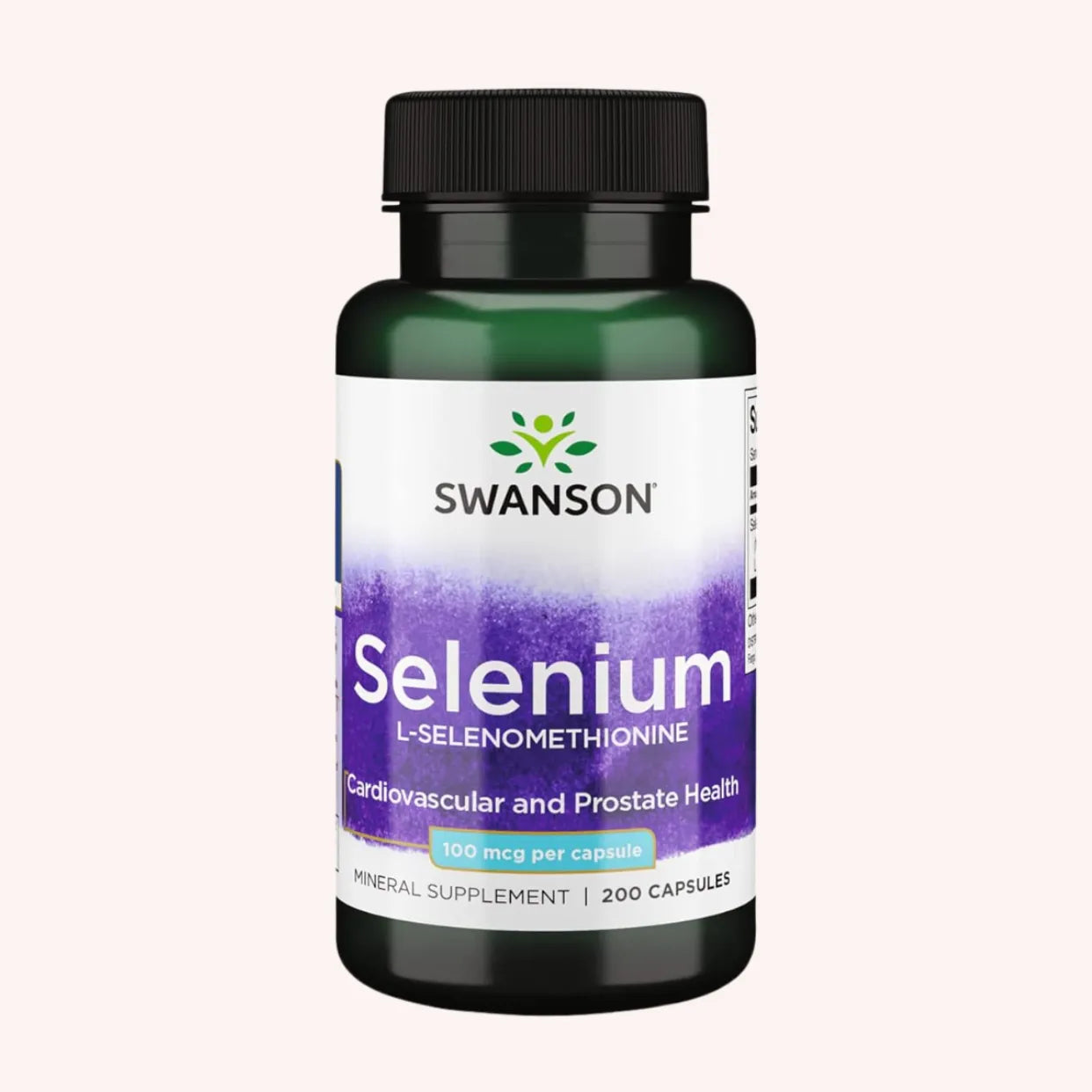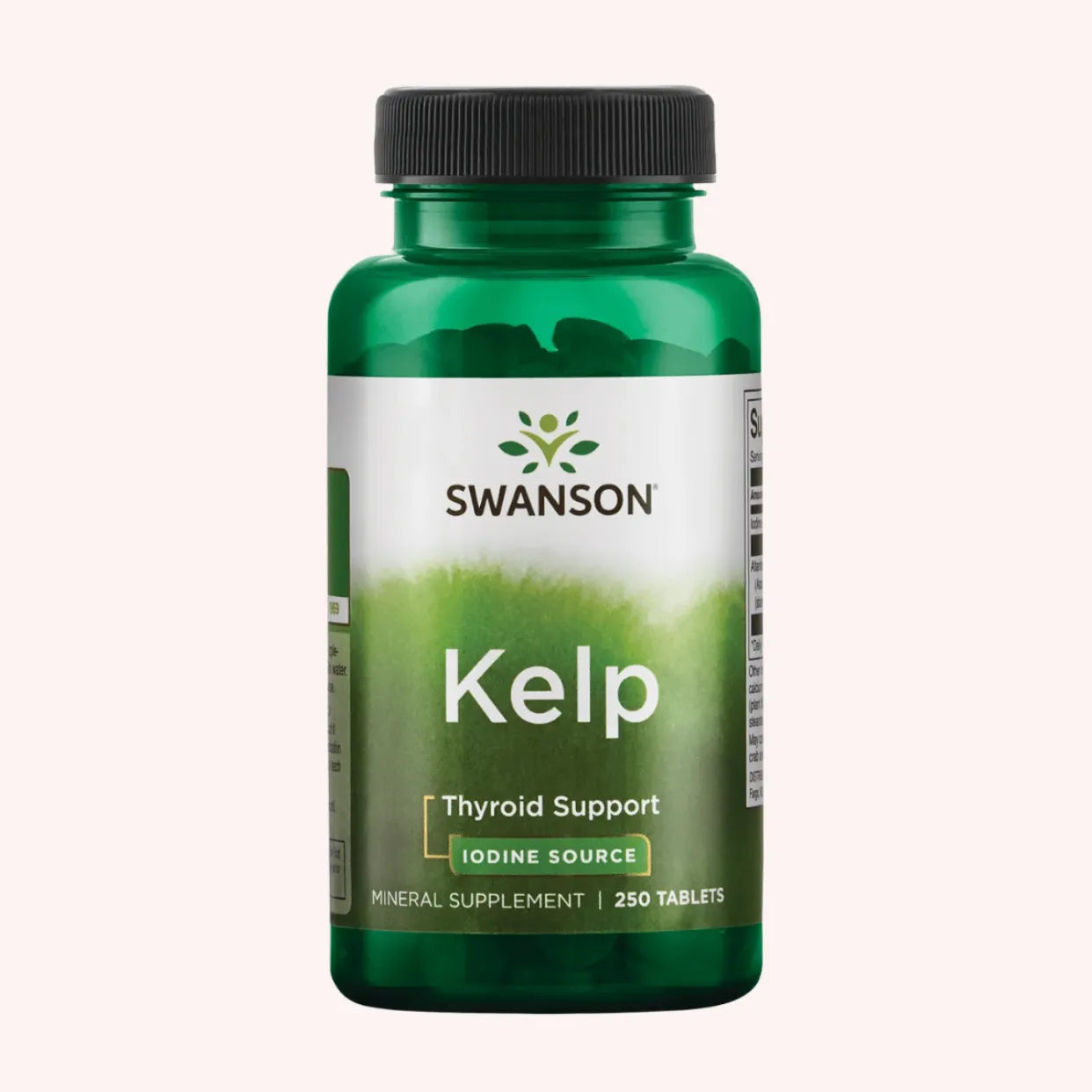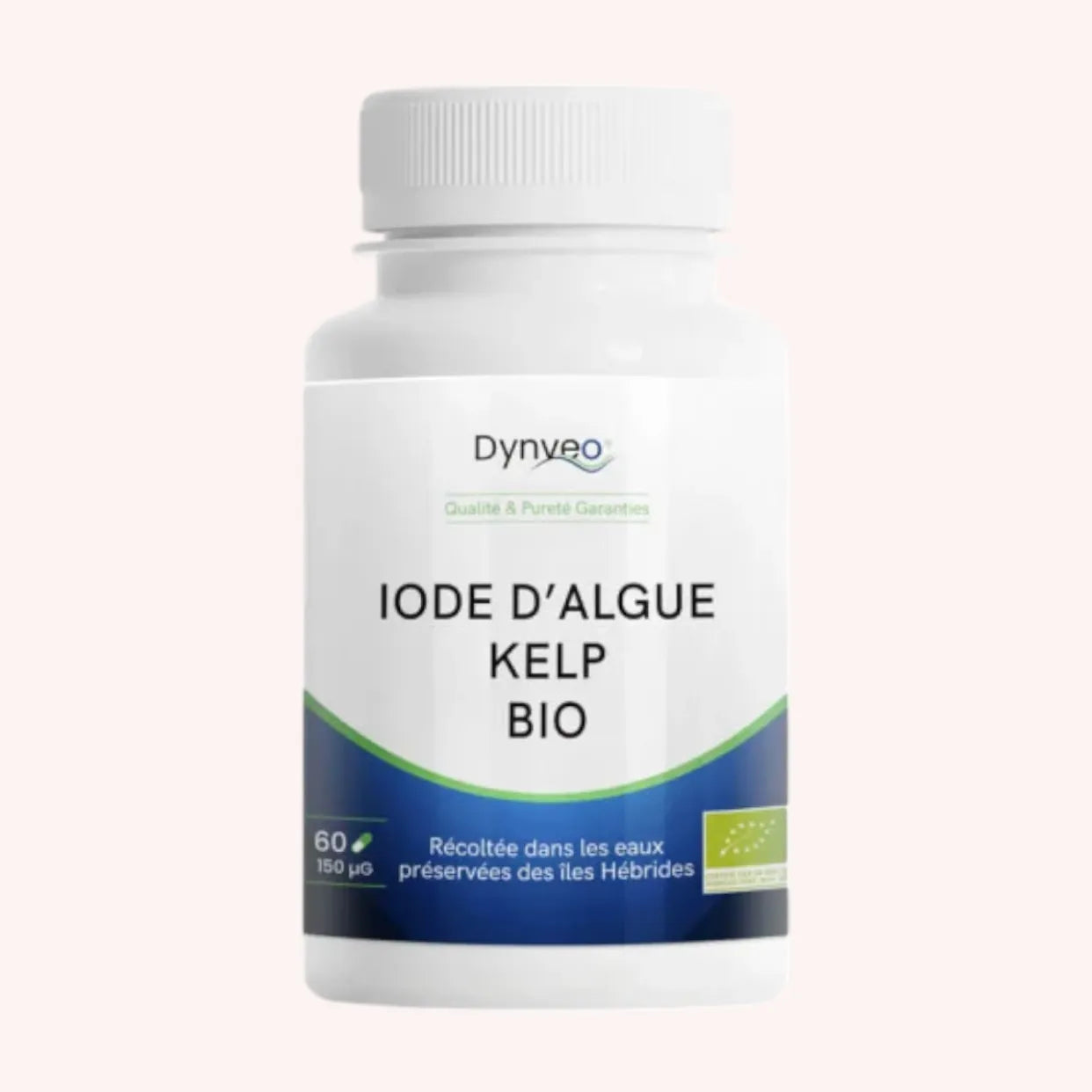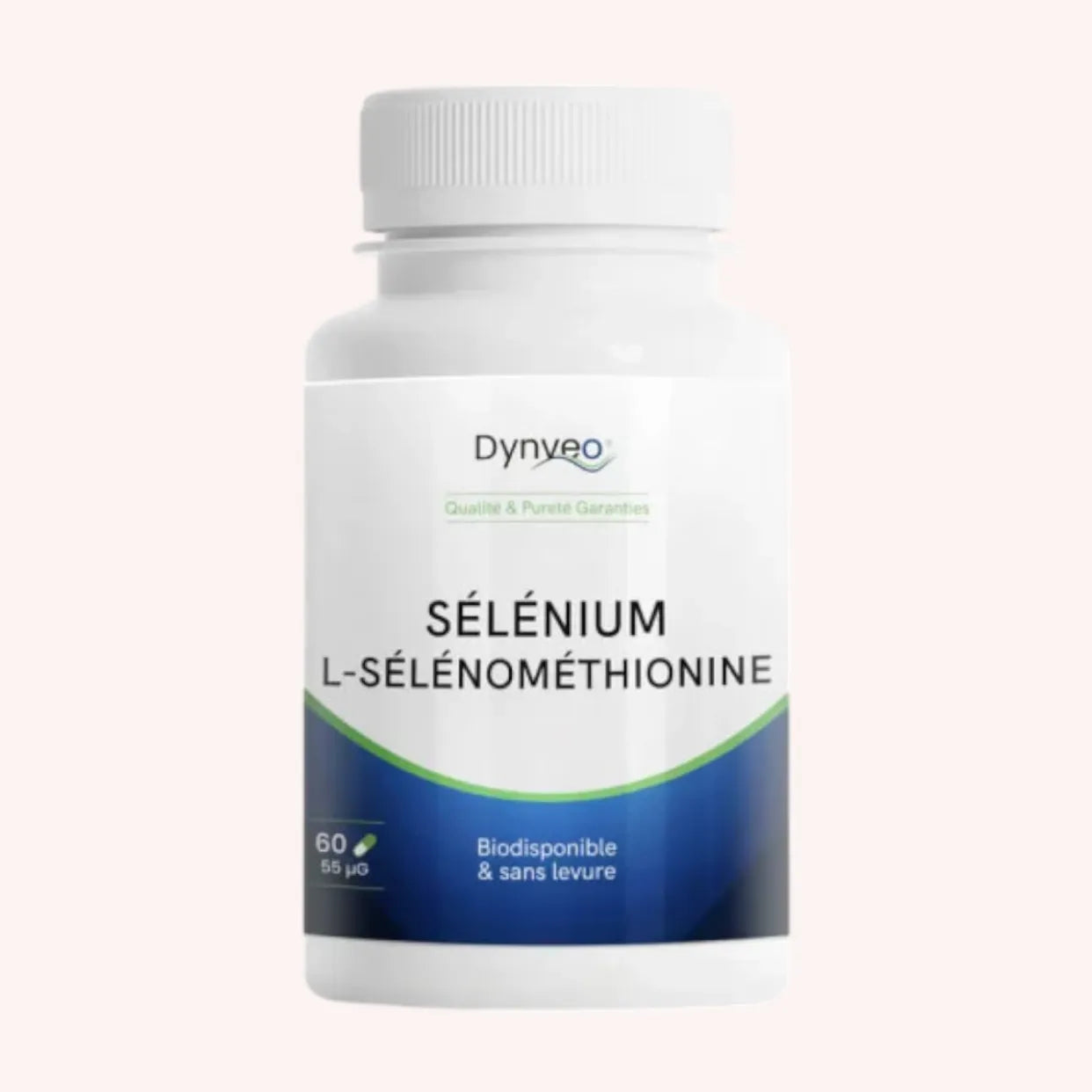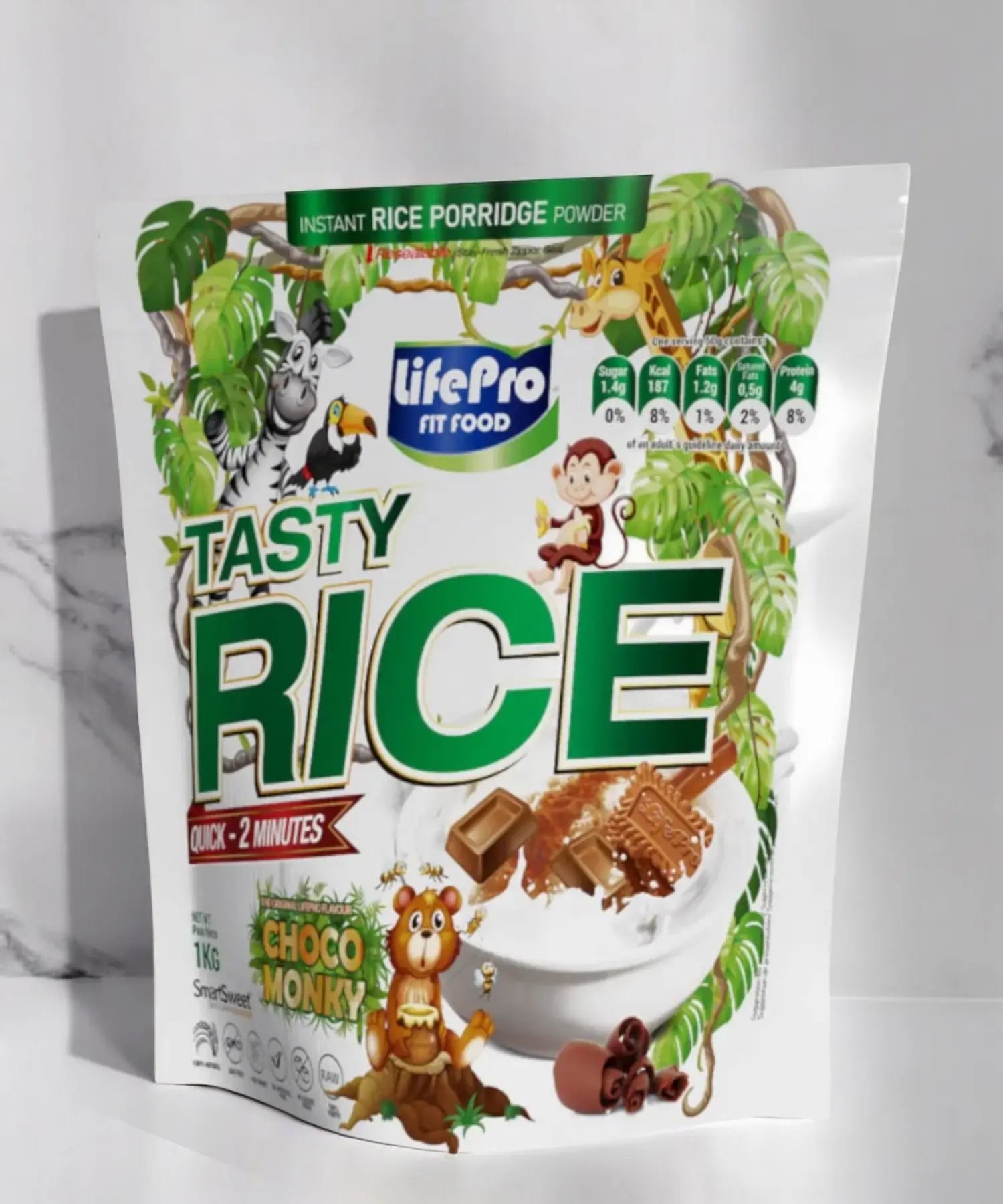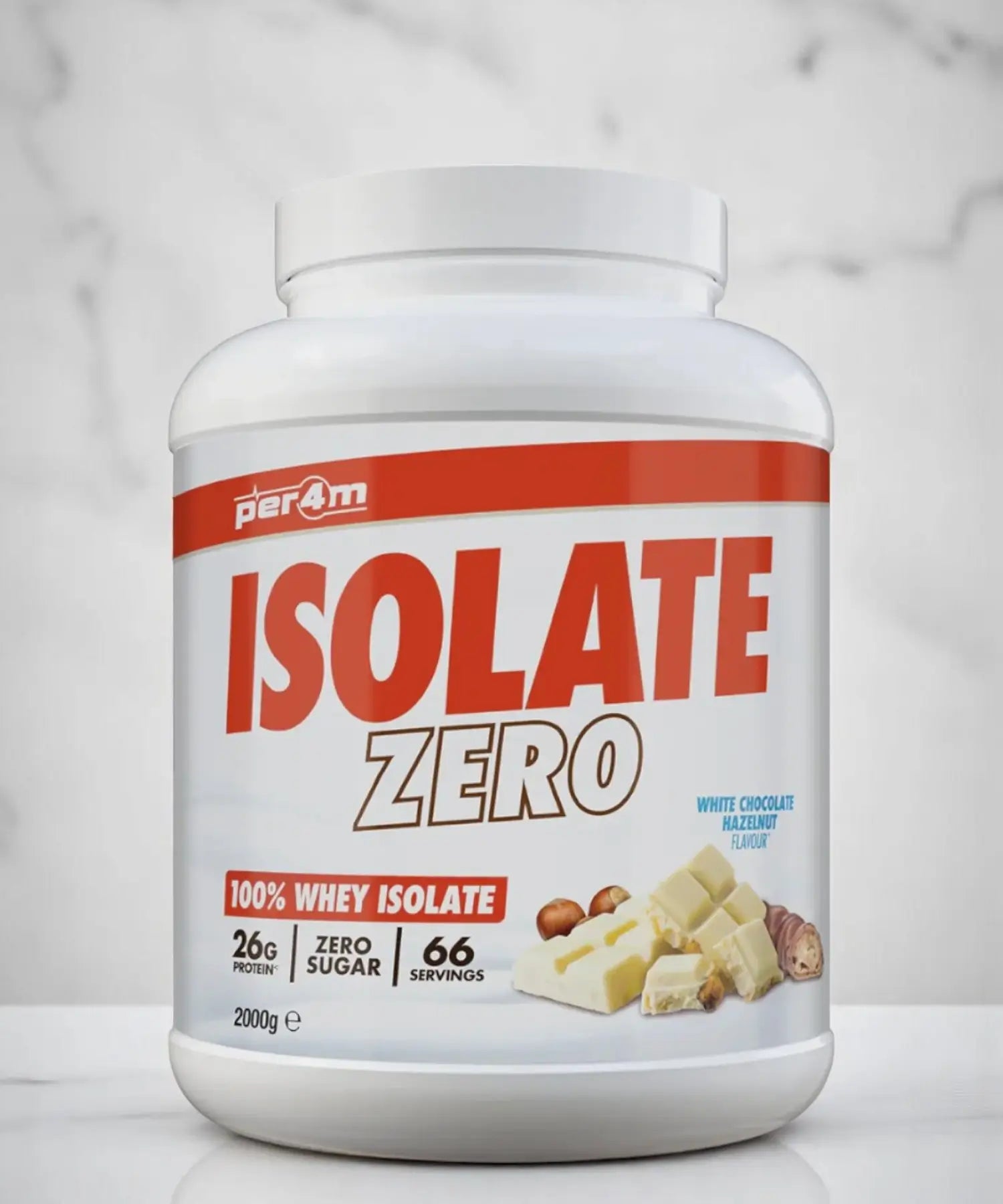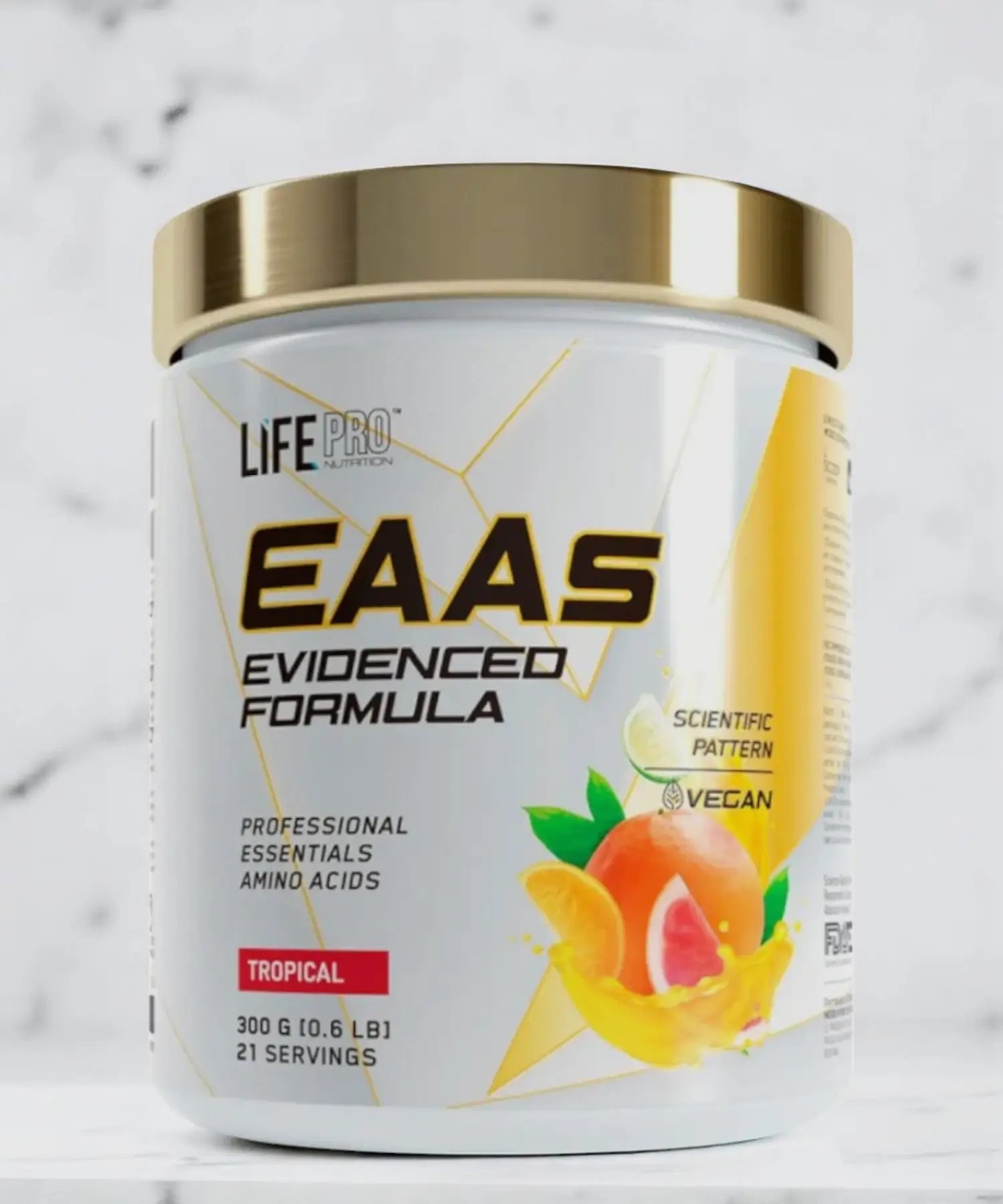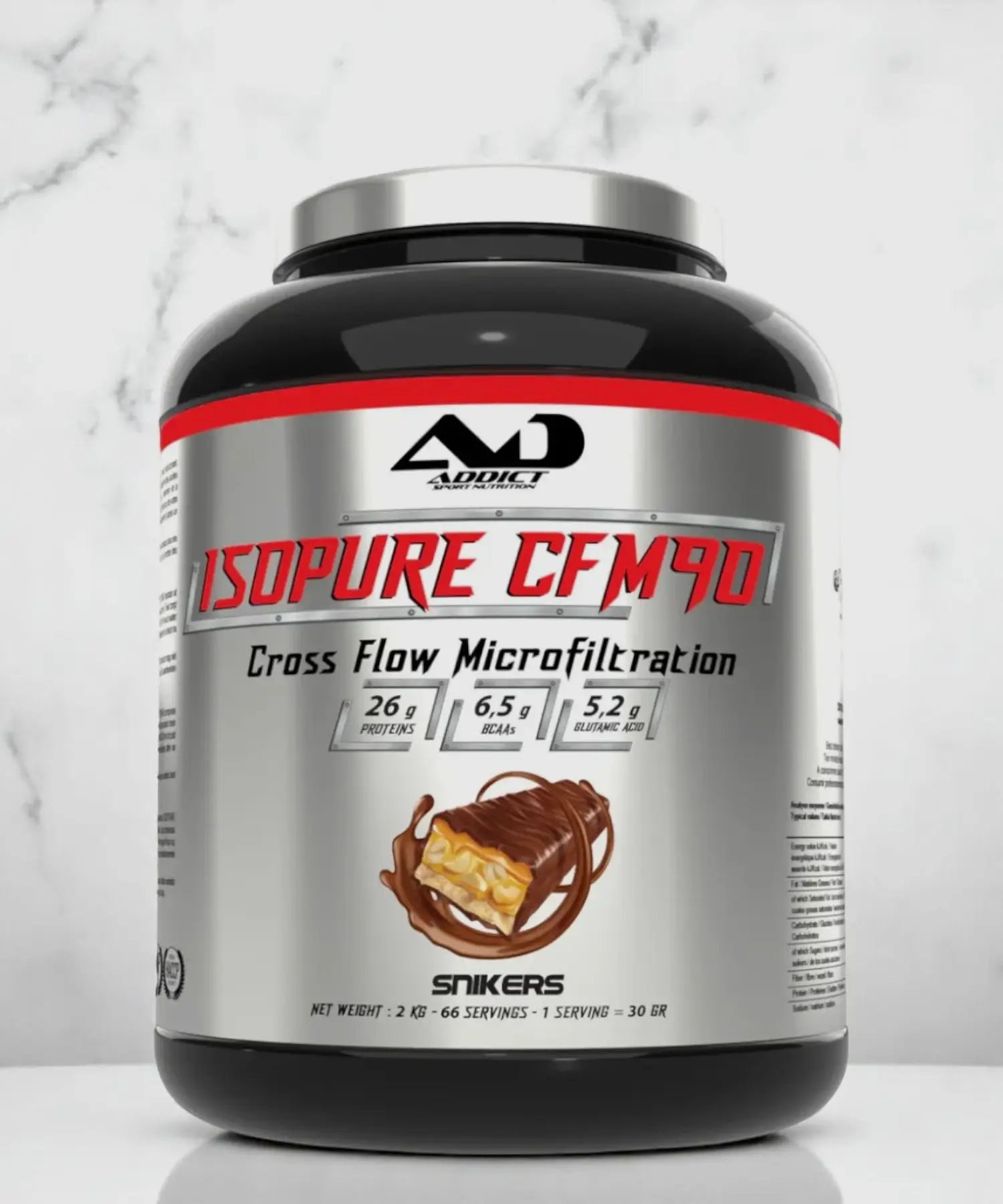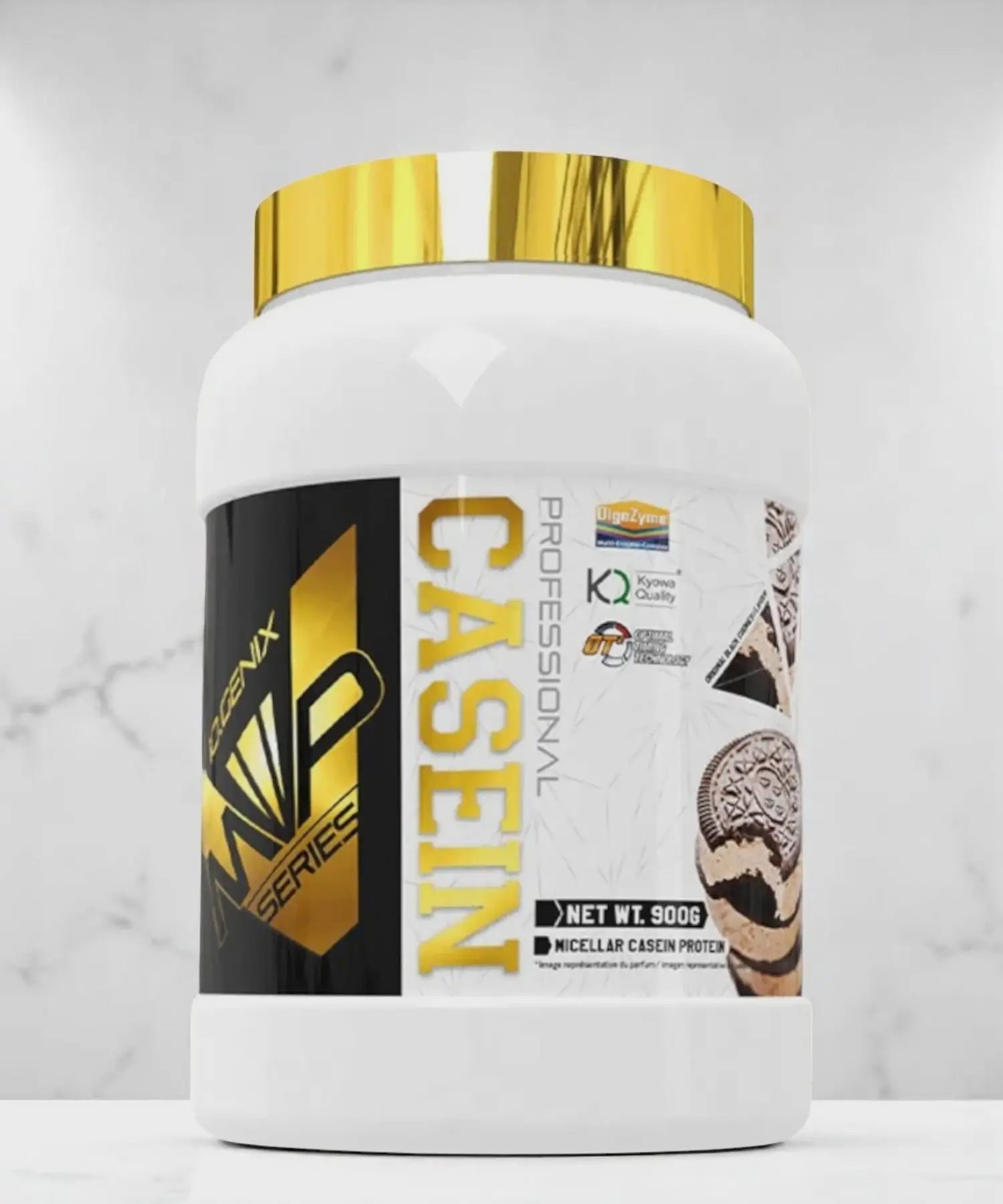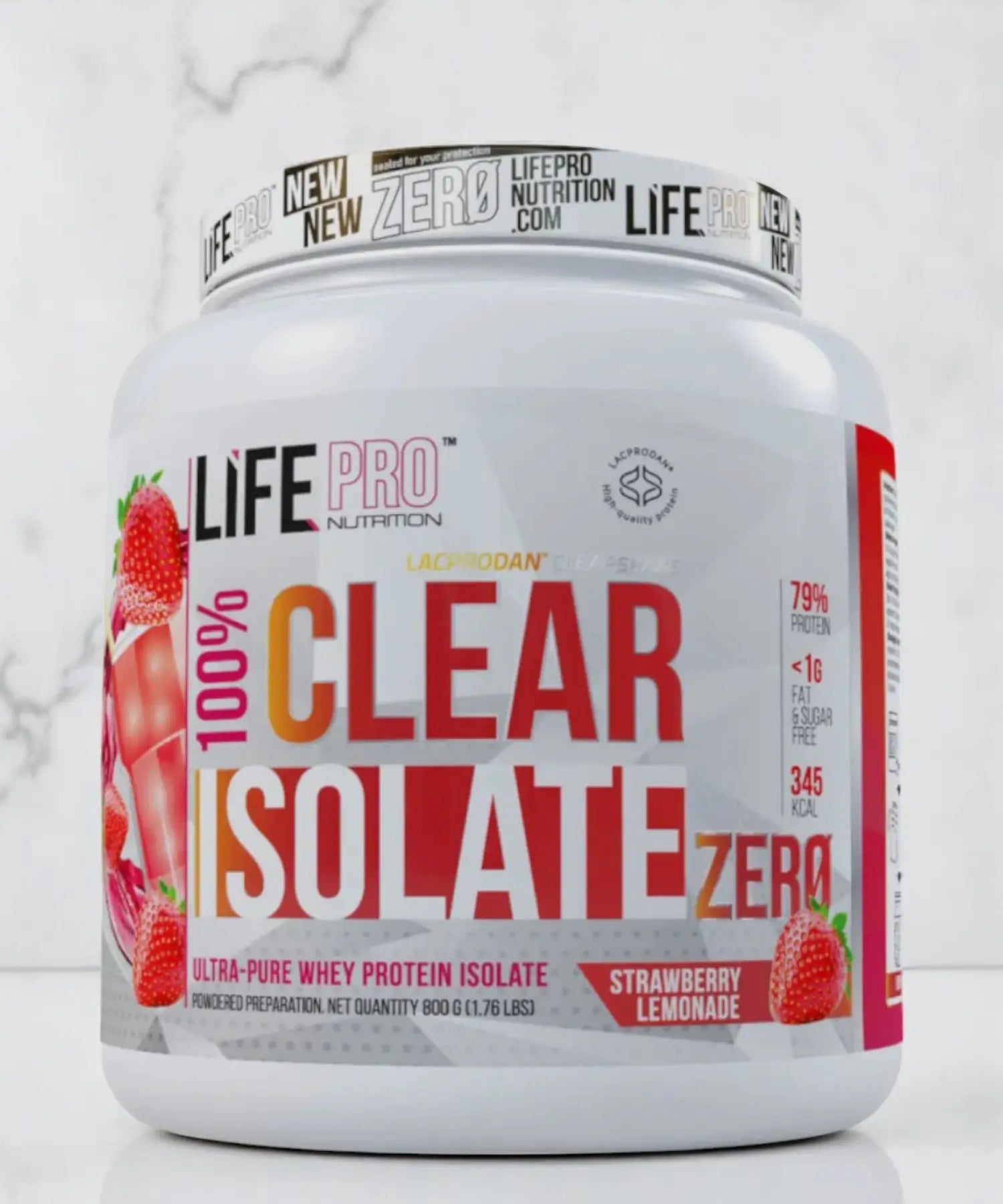4 products
Trace elements are essential nutrients, present in minute amounts in our bodies. Yet, their roles are crucial for maintaining proper physiological balance. Although they are only needed in small doses, they are involved in biological functions essential for health.
We will explore the different types of trace minerals, their benefits to the body, and how to effectively incorporate them into your diet.
What is a trace element?
A trace element is a nutrient (mineral in nature) present in the body in minute quantities . Despite this tiny presence, their role is fundamental in the body's functions.
The human body does not produce these trace elements itself : it absorbs them from food (and sometimes from water). Once assimilated, they are stored or used according to their specific function in different parts of the body:
- Iodine , for example, is concentrated mainly in the thyroid gland , located at the base of the neck. It helps to make the thyroid hormones T3 (triiodothyronine) and T4 (thyroxine) .
- Selenium , on the other hand, is present in the muscles , but also in the liver and kidneys. It helps protect cells against oxidative stress; in fact, it is used in the composition of antioxidant enzymes called selenoproteins .
Other trace elements naturally present in the human body include zinc , iron , copper , manganese and chromium . Each of them plays a unique and complementary role in the human body.
The benefits of trace elements
Trace elements play important roles in the proper functioning of the body despite their low presence:
- Zinc supports the normal function of the immune system and helps protect cells against oxidative stress.
- Iron contributes to the normal formation of red blood cells and hemoglobin. It also contributes to the normal function of the immune system.
- Chromium contributes to normal macronutrient metabolism (fats, carbohydrates, proteins) and to the maintenance of normal blood sugar levels.
-
Manganese contributes to the maintenance of normal bones and to the protection of cells against oxidative stress.
But among them, selenium and iodine stand out in particular for their role in the functioning of the thyroid .
1. Selenium: a trace element with antioxidant properties
Selenium is essential for the proper functioning of the immune system , cellular protection and the maintenance of normal thyroid function . It acts as a real shield against oxidative attacks, helping to neutralize free radicals via selenoproteins . Its main benefits are as follows:
- Contributes to the normal functioning of the immune system,
- Contributes to normal thyroid function,
- Helps protect cells against oxidative stress.
According to Köhrle (2023) , a good intake of selenium is essential to ensure normal thyroid function. It is essential to ensure a regular intake of this element through a balanced and appropriate diet (2).
2. Iodine: Fuel for the Thyroid
Iodine is a key element for the functioning of a normal thyroid , as it is used by this gland to help produce the hormones T3 and T4. Here are the main functions of iodine:
- Contributes to normal cognitive function,
- Contributes to normal energy-yielding metabolism,
- Contributes to the normal functioning of the nervous system,
- Contributes to normal thyroid function and normal production of thyroid hormones.
ANSES (2022) recommends favoring natural sources of iodine to maintain a sufficient intake, in particular:
- sea fish ,
- seafood ,
- dairy products ,
- and especially, brown algae such as kelp (Laminaria).
Kelp , a brown seaweed naturally rich in iodine, is an excellent plant source to supplement your intake in case of increased needs or a diet low in marine products. Incorporated into the diet in dried form or consumed as a food supplement , it can help maintain an adequate level of iodine in the body. However, its richness in iodine requires measured use : excessive consumption can be as problematic as a deficiency, disrupting the normal functioning of the thyroid. For this reason, it is recommended to respect the recommended nutritional intake and to seek the advice of a health professional before any supplementation, particularly in people suffering from thyroid disorders or following a specific treatment.
Where to find trace elements in food?
Trace elements are present in the body in small amounts , often in trace amounts. The body does not produce them, which means they must be obtained through diet or supplementation . And since each trace element plays a specific role, it is essential to adopt a varied and balanced diet to cover all needs, without deficiency or excess.
Here are the main food sources for the most essential trace minerals:
|
Trace element |
Food sources |
|
Zinc |
Meats (especially red), seafood (oysters), pumpkin seeds, eggs |
|
Iron |
Red meat, offal, legumes (lentils, chickpeas), spinach, tofu |
|
Chromium |
Broccoli, whole grains, brewer's yeast, nuts |
|
Selenium |
Brazil nuts, oily fish (salmon, tuna), whole grains, eggs |
|
Iodine |
Seaweed (kelp, nori), sea fish, dairy products, iodized salt |
|
Manganese |
Nuts, whole grains, tea, pineapple |
Certain foods, such as whole grains, nuts, or seafood , are particularly beneficial because they contain several trace elements at the same time. Incorporating these foods regularly into your meals is a great way to naturally boost your overall intake.
Incorporate trace elements into your diet
The best way to meet your trace element needs is through a varied and balanced diet. By regularly consuming nutrient-rich foods, such as seafood, whole grains, legumes, nuts, and green vegetables, you can provide your body with the essential nutrients it needs to function properly.
However, in certain situations, additional trace element intake may be necessary, particularly for iodine and selenium. A diet low in seafood, a vegan diet, or specific needs may lead to an increased need for supplemental intake.
Food supplements: quality, dosage and medical monitoring
If supplementation becomes an option, it's essential to choose quality products. Not all supplements are created equal, and some may contain poorly absorbed forms or unsuitable dosages. Therefore, it's important to:
- Select supplements with clear composition and without unnecessary additives.
- Check that the forms used are the most assimilable, such as selenomethionine for selenium or kelp for iodine.
- Choose dosages that respect the recommended daily intake, without exceeding them.
Self-supplementation can pose risks. Excess iodine can disrupt thyroid function, just as excess selenium can lead to adverse effects such as fatigue and digestive upset.
It is therefore crucial to respect the recommended dosages and, before starting any supplementation, to consult a health professional, in particular a doctor or a nutritionist, especially in the presence of a pre-existing medical condition, in order to avoid any risk of interaction or adverse effect.
Conclusion
Trace elements play an important role in the proper functioning of our bodies, despite their presence in minute quantities. A varied and balanced diet is the best way to meet our trace element needs, favoring natural sources such as seafood, green vegetables, whole grains, and nuts.
However, in certain specific situations, such as an unbalanced diet, a special diet, or increased needs, dietary supplements may be necessary. In this case, it is essential to follow the recommended dosages and consult a healthcare professional for appropriate monitoring.
Sources:
- ANSES (2022). Iodine: Why and how to consume it? French Agency for Food, Environmental and Occupational Health Safety. https://www.anses.fr/fr/content/iode-pourquoi-et-comment-en-consommer.
- Köhrle, J. (2023). Selenium, Iodine and Iron–Essential Trace Elements for Thyroid Hormone Synthesis and Metabolism. International Journal of Molecular Sciences, 24(4), 3393. DOI: https://doi.org/10.3390/ijms24043393 .





